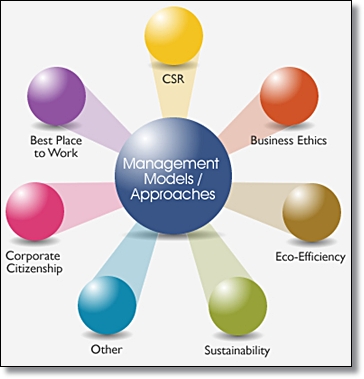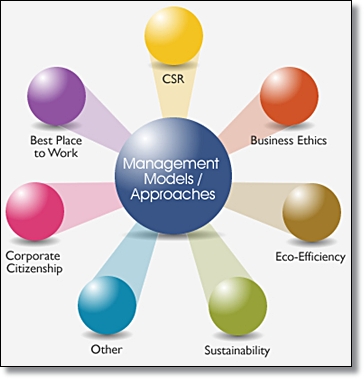Corporate Social Responsibility: The Human Face of Business

 |
Corporate social responsibility (CSR) has evolved over the years to be an integral part of doing business. CSR is no longer something companies engage in only after the profit has been made, it is rather viewed as an important part of the journey towards the profit.
Traditionally, the profit motive has been the key driver of business. Scholars have also advanced other motivating factors but maintain that profit remains at the top. This has not changed much and the reality is that the main reason businesses are started is to reap a profit.
What then prompted the evolution of corporate social responsibility?
The answer is simple; as new opportunities emerged and economies grew, so did the challenges. As we continue to explore the world and harness the vast resources therein, we also leave a destructive trail and incredible challenges. The most recent and top on the agenda has been climate change. Other than climate change, we have an increase in life threatening diseases, poverty and wide disparity between the minority wealthy and the majority poor. It is against this background that CSR emerged and continues to grow.
Africa alone is home to some of the worlds biggest challenges particularly poverty and disease. It is no wonder that businesses for instance in Uganda, have quickly embraced CSR. Only recently, two babies in Uganda’s oldest baby’s home died of pneumonia because they couldn’t get the proper treatment and the lives of the other babies were at risk as well. Some noble citizens on hearing the story in the media quickly swooped in to provide the much needed vaccines in order to save the lives of the remaining children. Stories like these are only too common in Africa.
CSR gives a business/company a humane face. It is an action statement to the communities in which they operate saying, we are not just making money but we care about what is happening around us, we want to make our community better and the rationale is simple. Your business exists because of the customer. Repeat business is dependant on the customer being around long enough to keep coming back. It is therefore in the company’s best interests that it operates in a healthy progressive community because this translates into business for the company. This is why companies will support education programmes, partner in the fight against disease and environmental protection all in a bid to create a healthy productive society.
In effect, CSR efforts foster good ethical business. It is therefore critical for companies to allocate a portion of the year’s budget say 5% to CSR activities and develop strategies towards implementing sustainable activities. Partnerships between companies can be forged to this end. There have also been initiatives where governments and the private sector have come together to support different causes and over time this has given birth to the concept of public-private partnerships, a strategy that some African governments have adopted to facilitate implementation of some government programmes.
What started with small scattered efforts has become widespread with companies now taking a more focused approach to maximize their impact. What we see emerging is a more focused approach where a company identifies a particular area or areas where they would want to make an impact with consistent sustainable efforts. For example, the Madhvani Group in Uganda has made great contribution in the education sector in Uganda through scholarship schemes for under privileged brilliant students. Standard Chartered Bank (U) Ltd continues to support efforts in fighting preventable blindness and malaria.
Although critics however argue that CSR is just another strategy for companies to win over more customers and make more money hence being more selfish than humanitarian, today’s global challenges coupled with dwindling social structures make companies an integral part of community. These challenges are no longer the responsibility of a single entity - government. This has consequently led to the advent of public-private partnerships being a major emphasis particularly in the developing countries.It underscores the critical role that private enterprises have to play in providing solutions to the broader challenges in economies.
By Edgar Rutaagi
Trade Finance
Standard Chartered Bank (U) Ltd
erutaagi@gmail.com
